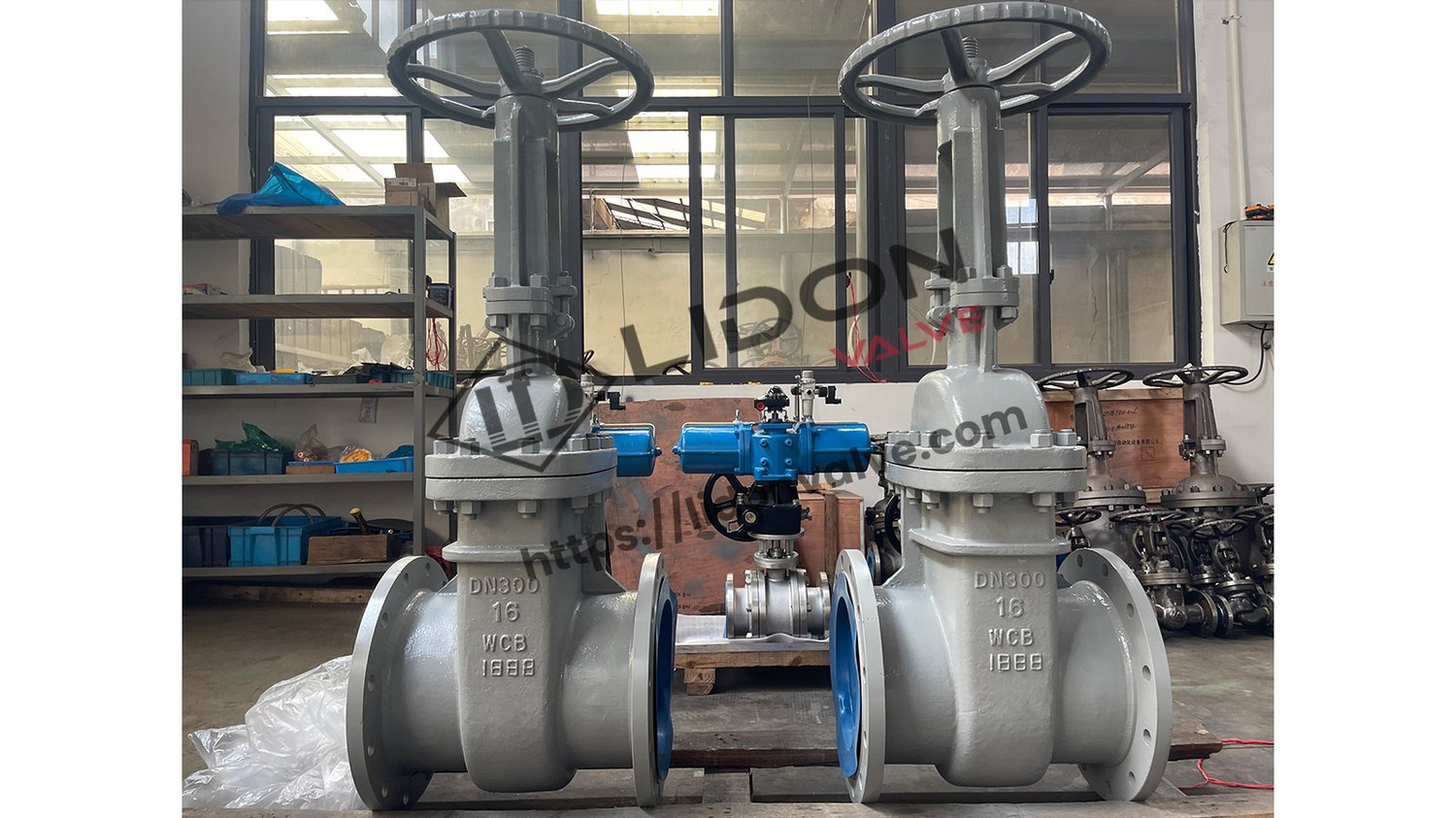Why use a gate valve instead of a ball valve?
Valves are crucial components of many piping systems, especially those handling liquids, gas, and slurries. They regulate the flow of fluid by opening or closing the pipe’s passageway. A valve’s working principle determines the type of flow control and degree of tightness it provides. Two common types of valves are the ball valve and the gate valve. In this article, we will explore why you should use a gate valve instead of a ball valve for specific applications.
What is a Gate Valve?
A gate valve is a bi-directional isolation valve that controls the flow of fluid by moving a wedge-shaped gate across its path. The gate is connected to a stem that moves up and down to open or close the flow path. Gate valves operate with minimal pressure drop and high flow rates, making them suitable for full open or full close applications. They offer tight shutoff and are less prone to leakage than many other types of valves. Gate valves are commonly used in the oil and gas industry, chemical plants, water treatment plants, and other critical applications.
What is a Ball Valve?
A ball valve is another type of isolation valve that regulates fluid flow control by rotating a ball with a hole through its axis. When the ball rotates, the hole aligns with the pipe, allowing fluid to flow through. When it rotates 90 degrees, the ball blocks the pipe, thus stopping the flow. Ball valves are suitable for applications that require quick on/off operations. They are commonly used in applications that handle gas, chemicals, and corrosive materials.
Why Choose a Gate Valve over a Ball Valve?
There are several reasons to choose a gate valve over a ball valve in specific applications. Here are some of them:
1. Prefers Tight Shutoff:
If you need a valve that provides tight shutoff and is less prone to leakage, you should use a gate valve. Its design allows for full closure with no leakage, making it suitable for applications where leakage cannot be tolerated. Ball valves, on the other hand, do not provide tight shutoff, and small amounts of leakage can occur, causing contamination or wastage.
2. Uses Low Pressure Drops:
If the piping system has limited energy and requires low-pressure drops, a gate valve would be a suitable choice. Gate valves offer a straight-through flow path with minimal interference, which reduces pressure drop. In contrast, ball valves provide higher pressure drop due to their ball design, which can hinder flow.
3. Requires High Flow Capacity:
If the piping system requires high flow capacity, you should consider a gate valve. Gate valves have an unobstructed flow path, providing optimum flow capacity compared to ball valves. Ball valves have a smaller flow area due to their ball design, which can limit their flow capacity.
4. Handles Slurry or Dirty Service:
If the fluid in the piping system is dirty, abrasive, or contains high viscosity materials such as slurries, a gate valve is highly suitable. The gate valve’s full closure prevents media from accumulating in the piping system, which can cause blockage or erode the valve’s surfaces. Ball valves are not ideal for slurry applications as their design can cause material buildup, leading to blockages.
5. Plans for Long-Term Operation:
For applications that require long-term operation without frequent maintenance, gate valves are ideal. Gate valves have fewer components to wear or erode and no parts that can stick due to gas or other media. Ball valves have more parts than gate valves, which can wear out quickly or become stuck, affecting their operation.
Conclusion
Choosing the right valve for your application can have a significant impact on its performance, efficiency, and safety. Gate valves and ball valves are common types of valves used in many industries. However, if you need tight shutoff, low pressure drops, high flow capacity, handling of dirty service, or long-term operation, a gate valve would be a better option. Make the right choice.

